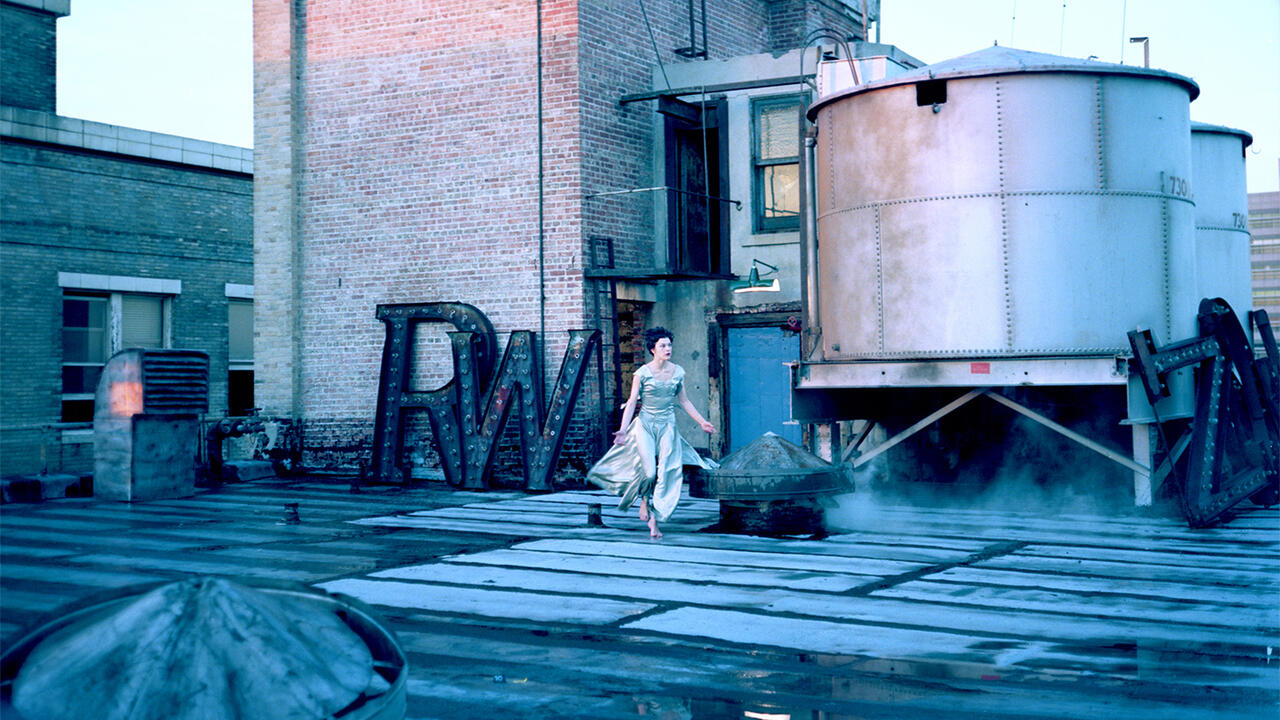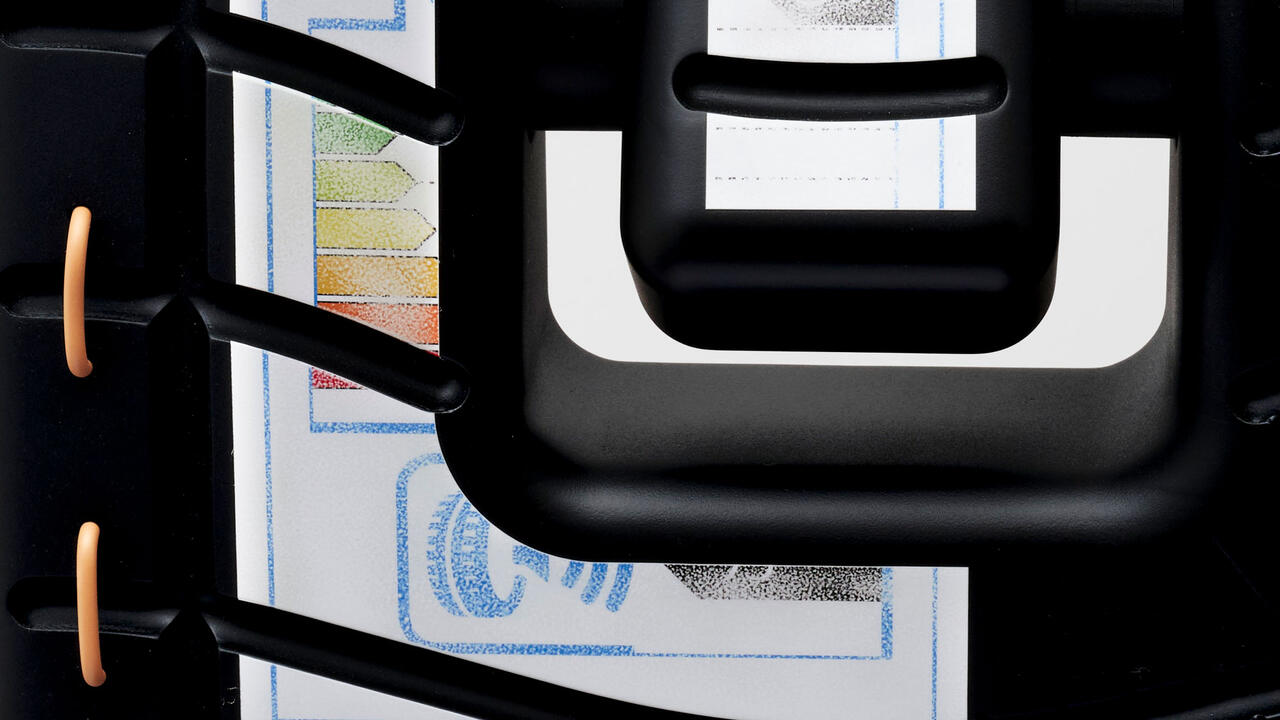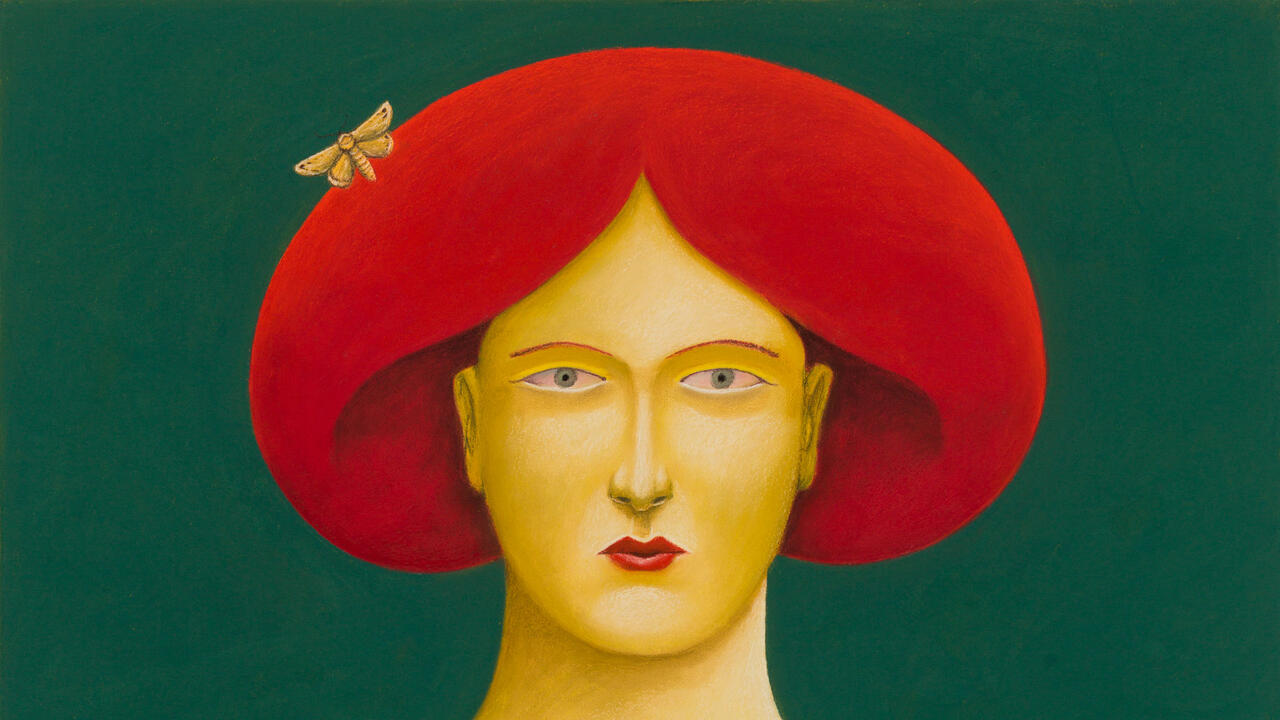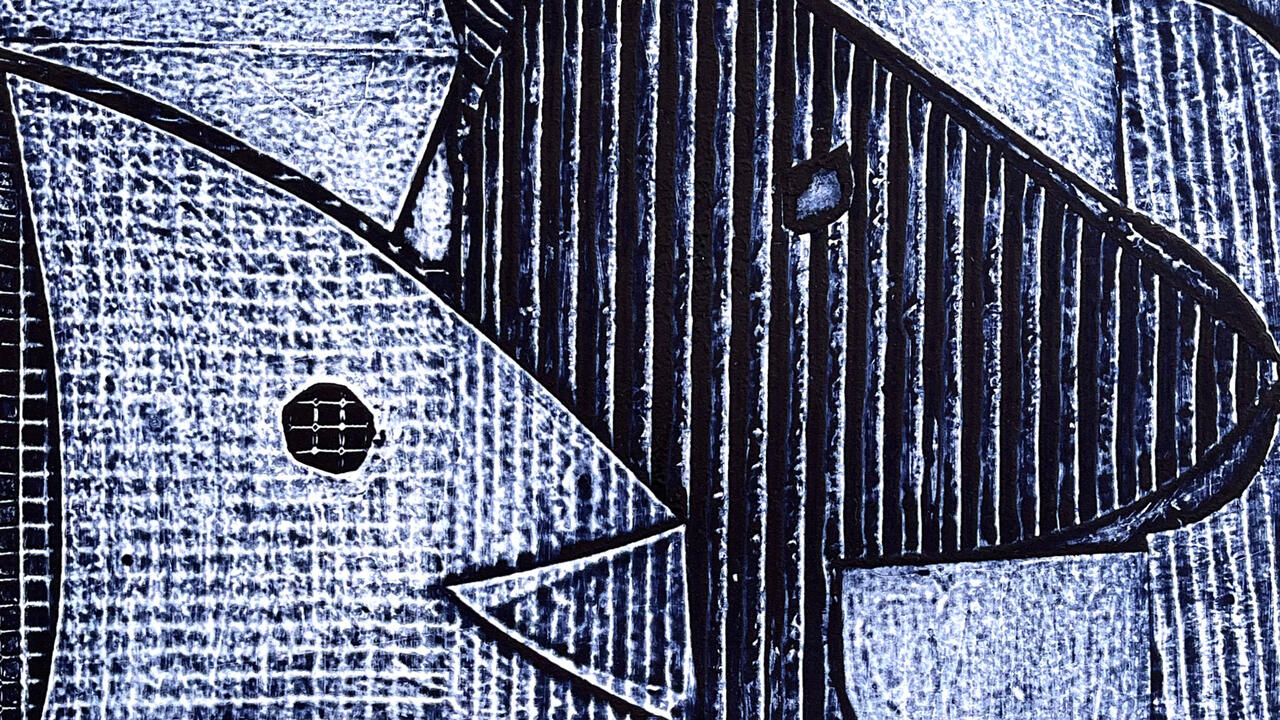Precarity Screwball: Why ‘Awkwafina Is Nora from Queens’ Is the Sitcom for Our Times
The Comedy Central series injects a dose of mania and sloth into the ‘multicultural sitcom’
The Comedy Central series injects a dose of mania and sloth into the ‘multicultural sitcom’

Is the sitcom Roseanne (1988-97, 2018) a Rosetta Stone for the Trump age? The original show told the stories of a blue-collar white family, while also being one of the first sitcoms to feature queer characters – but what about its 2018 revival? In one scene from the new show, comedian Roseanne Barr’s eponymous character tells her husband Dan that they’d slept through the primetime sitcom lineup. ‘We missed all the shows about black and Asian families,’ he says. ‘They’re just like us,’ she retorts. ‘There, now you’re all caught up.’ The show was ultimately axed after Barr spun out anti-Semitic attacks on George Soros and likened Obama staffer Valerie Jarrett to an ape.

Barr’s aggrieved racism hinted at the forces that had led Americans to elect Biff from Back to the Future II (1989) into the White House: the crumbling of the Democrats’ traditional coalition between the so-called ‘white working class’ and people of colour. ‘They’re just like us.’ There’s a spiteful, complicated sarcasm to this line, which was a swipe at ABC’s multicultural sitcoms, Black-ish (2014-ongoing) and Fresh Off the Boat (2015-20). The families in this show could never be like ‘us,’ since the first person plural in America means white. But what would likely annoy Barr – a millionaire celebrity who identifies as working-class – is how these shows feature people of colour achieving the American dream and stealing her crumbs of the pie. Black-ish, as the title suggests, explored the anxieties a black advertising executive feels upon assimilating into the white upper class. Fresh Off the Boat, the first Asian-American family sitcom in a decade, was based on the Gen X memoir of celebrity chef Eddie Huang, a former lawyer whose father owned a chain of successful restaurants.

The successive waves of neoliberalism mean that being young just means you’re more immiserated. Comedy Central’s Awkwafina Is Nora from Queens (2020-ongoing) tells a more millennial Asian-American story. The show follows Nora, a twenty-something stoner played by titular rapper/actress Awkwafina, and her hapless attempts to scrounge some dough. While many Asian American assimilation narratives pit second-gen misfits against Chinese immigrant tiger parents, the show follows Awkwafina’s more particular family background (Chinese father, Korean mother; third-generation on her father’s side), rather than trying to represent some notionally authentic Asian diasporic experience. Nora’s elders aren’t withholding patriarchs, stingily rationing out poignant love. Her grandmother (Lori Tan Chinn, peppy, gloriously anarchic) ends the first episode flashing Nora a picture of her vulva. Her father – an amusingly butch B.D. Wong speaking with a Sylvester Stallone drawl – accidentally posts a dick pic to Instagram. Filial piety becomes disrupted by an extroverted, aimless sexuality.

The social order has so collapsed that the family, whether escaping it or identifying with it, seems barely possible. As Nora plunges deeper into the concentric circles of millennial employment purgatory, she does stints as a rideshare driver, camgirl, office assistant, and dotcom snake oil hustler, but can’t quite generate the momentum to move out of home. Nora’s emotional state is a contradiction, her affect alternating between mania and sloth. Unable to access the boring ritual of daily employment, Nora is a hyperactive perpetual motion machine, seemingly lacking any interiority. And yet she is also a slacker, armed with a bong, multiplayer videogame, and vibrator that looks like a lost droid relative of Wall-E. Such lazy mania might simply be the affective paradox of the gig economy.

Awkwafina Is Nora from Queens belongs to a genre that might be called precarity screwball, like Fleabag (2016-19) and Broad City (2014-19), from which it lifts its cartoon intertitles, New York City B-roll and a sexuality stripped of eroticism. (What’s desire when the future’s impossible?) Awkwafina’s show demonstrates that even Asian Americans, usually stereotyped as wealthy model minorities, can be ‘included’ in the existential despair wrought by capitalism. The show even starts with God shaming Nora for still living at home: neoliberal careerism personified as judgment day. When Nora gets caught scamming focus groups, the police let her off the hook, deciding that she’s too irrelevant even to be a criminal: ‘She’s a nobody.’ And when she finally tries to deposit her hard-won rideshare earnings, the bank won’t let her. According to their records, she’s already dead.
Main image: Awkwafina Is Nora from Queens, 2020. Courtesy: Comedy Central





















